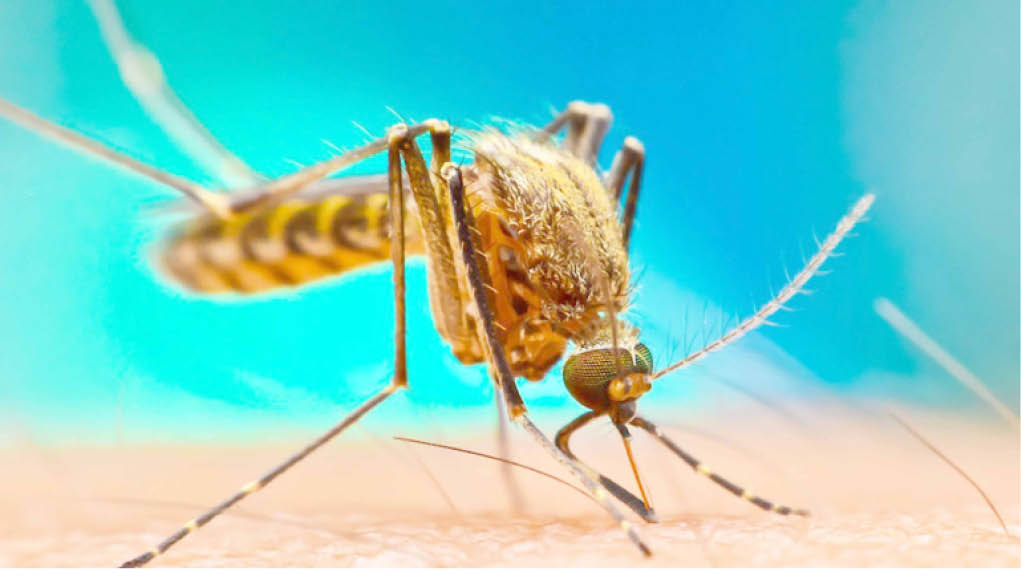The fight against malaria, what more should we do?
Malaria is a mosquito-borne infectious disease that affects humans, especially in sub-Saharan Africa. Malaria causes symptoms that typically include fever, tiredness, vomiting and headaches. In severe cases, it can cause jaundice, seizures, coma, or death. It is spread exclusively through bites of infected Anopheles mosquitoes. The mosquito bite introduces the parasites from the mosquito’s saliva […]

Fight against malaria
Malaria is a mosquito-borne infectious disease that affects humans, especially in sub-Saharan Africa. Malaria causes symptoms that typically include fever, tiredness, vomiting and headaches.
In severe cases, it can cause jaundice, seizures, coma, or death. It is spread exclusively through bites of infected Anopheles mosquitoes. The mosquito bite introduces the parasites from the mosquito’s saliva into a person’s blood. The worry is that though Malaria is preventable and treatable, it still affects millions of persons all year round. According to the World Health Organisation (WHO), 627,000 people died from the disease, leaving another 241,000,000 infected in the year 2021.
To curb the menace of this disease, the government is spending a lot just as the international community and non-governmental organisations have been working hard to see that the world is free of Malaria.
This is mostly done by the purchase of insecticide treated mosquito nets, insecticides of different brands, seasonal malaria chemo-prevention and antimalarial drugs in case of infection.
Families also do their due diligence by using insecticides to kill mosquitoes and ensure that they all sleep under the comfort and protection of mosquito nets. However, all these will not be enough if the little things are not addressed.
Drainage systems must be functional and be provided in areas that do not have in order to prevent water from lodging, which invariably provides a breeding ground for the parasites.
Residents should fill up areas with stagnant water, cut grasses close to their houses and resist dumping refuse in drainages and water bodies to allow free flow.
Communities should be informed about the dangers of dumping refuse in the drainages because besides exposing themselves to the danger of flooding and its aftermath, blocked drainages are a good ground for mosquitoes to breed since water does not flow through.
Plants that repel mosquitoes should replace some of the ornamental flowers. A study published in Malaria Journal in 2011 titled ‘Plant-based Insect Repellents: A Review of their Efficacy, Development and Testing, revealed that lemon grass alone can either kill or repel about 95 per cent of certain species of mosquitoes. Trees like that of Cinnamon could be used as shelter belts because of their ability to repel insects, mosquitoes inclusive. Eradication of malaria may seem tough, impossible and debilitating, but with commitment, a malaria free Nigeria is possible.
Lawal Dahiru Mamman, a corps member wrote this piece from Abuja and can be reached via: [email protected]
